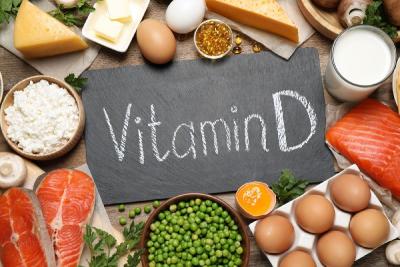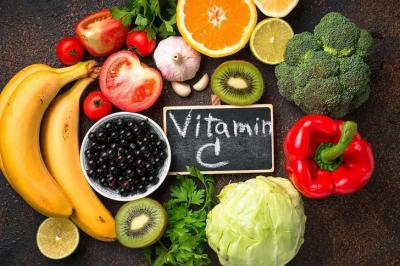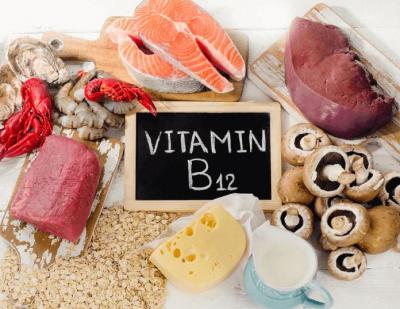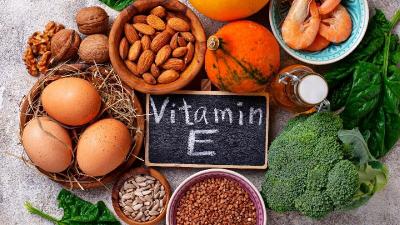Feeling Extra Cold in Winter? These Vitamin Deficiencies Might Be the Reason
By Lokmat Times Desk | Updated: November 19, 2025 17:18 IST2025-11-19T17:18:50+5:302025-11-19T17:18:50+5:30

With the onset of winter, susceptibility to cold, cough, flu, and viral infections rises, and some individuals experience immediate coldness and shivering in their hands and feet.

Feeling cold is linked to body temperature, as external temperatures interact with our blood and body fluids, which regulate temperature. Vitamin deficiencies can also play a role, so it's important to know which foods to consume.

If there is a deficiency of vitamin D in the body, the immune system weakens. Which also affects the body's ability to maintain temperature.

The biggest source of vitamin D is sunlight. In winter, there is less sunlight. For this, we eat foods like eggs, salmon, sardines and mackerel in our diet. In this, we eat fish, milk, yogurt are good sources of vitamin D.

Not only that, if there is a deficiency of vitamin C in the body, the immune system decreases. Even if the lack of energy in the body decreases, cold starts to blow.

For this, we can eat oranges, lemons, grapes, strawberries, blueberries, raspberries, green leafy vegetables and citrus fruits in our diet.

Vitamin B12 deficiency causes weakness, fatigue and body temperature problems. For this, we can include chicken, mutton, fish, dairy products, eggs in our diet. We can also eat soy, tofu.

Vitamin E acts as an antioxidant for the body. Which helps to protect the body's cells and control the temperature. We can include almonds, walnuts, spinach, broccoli, sunflower seeds, olive oil in our diet.























